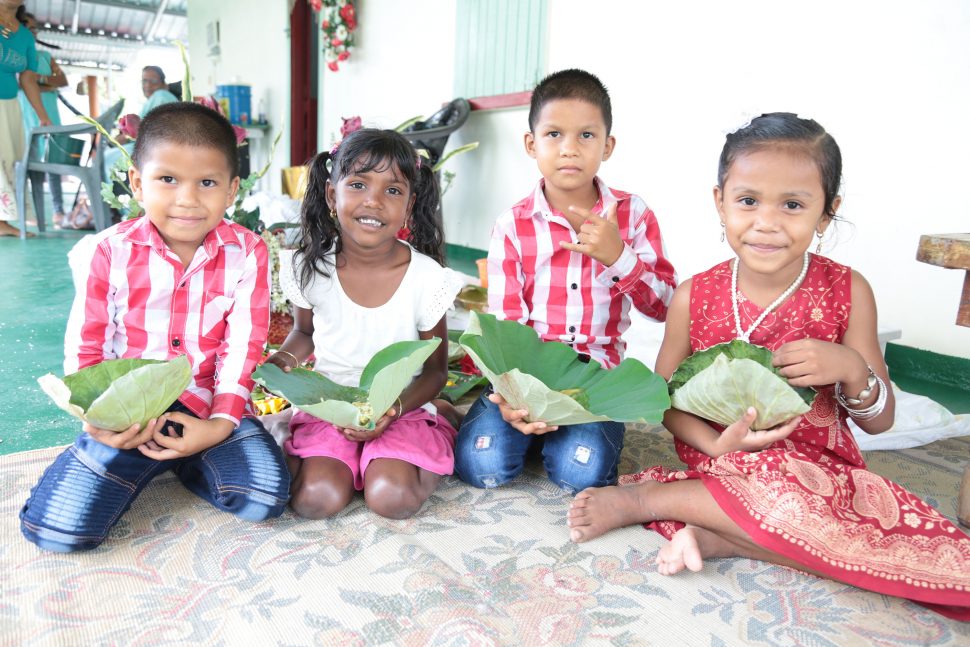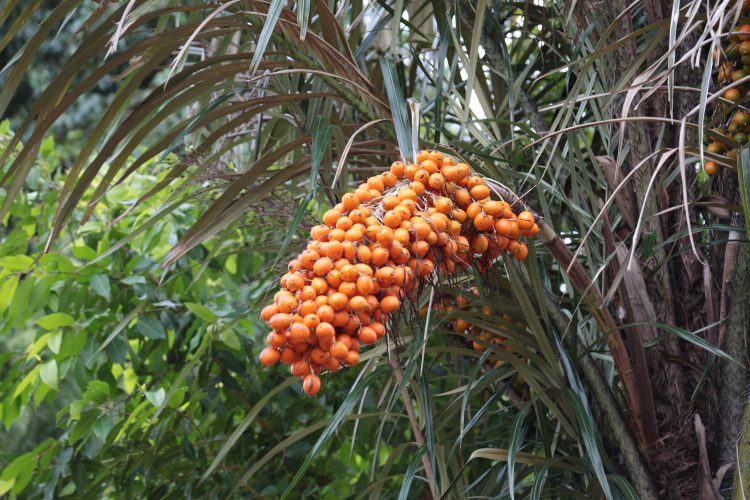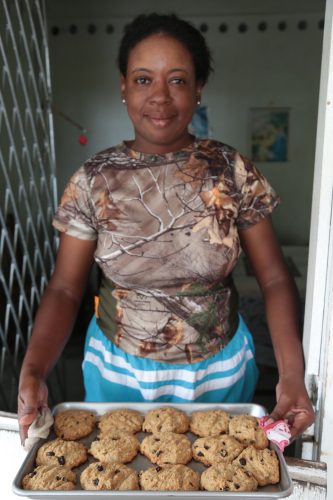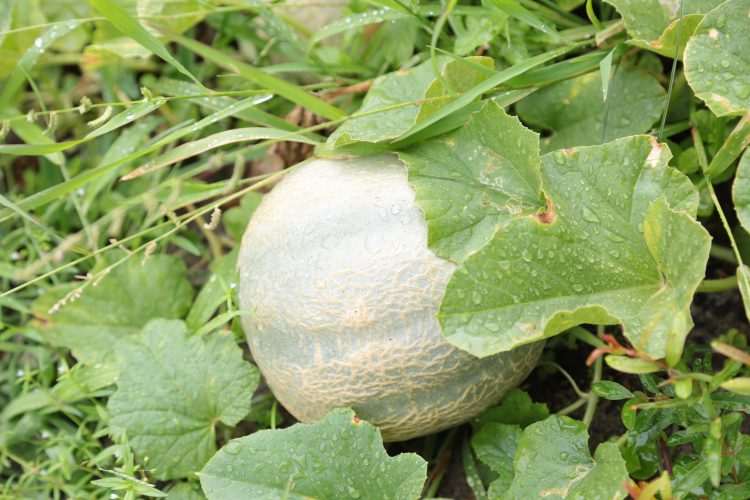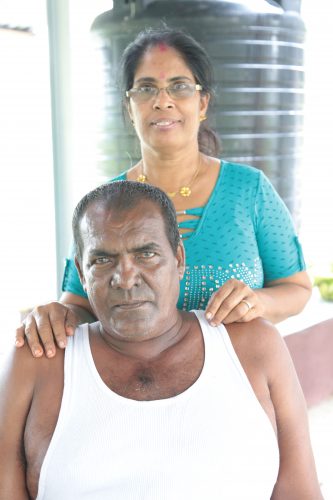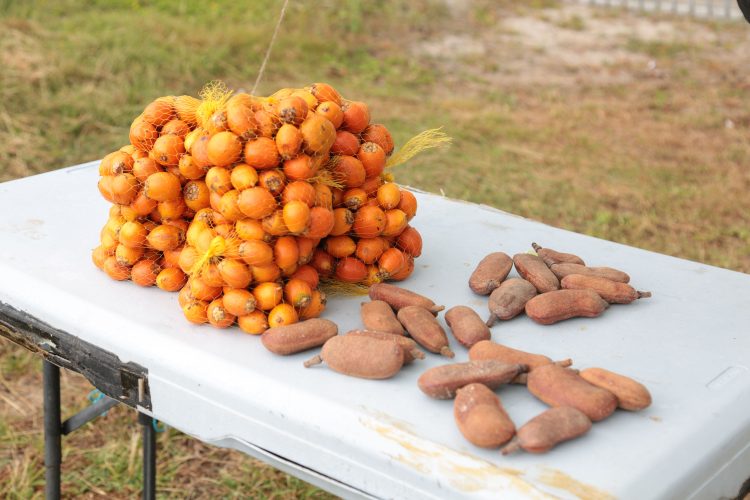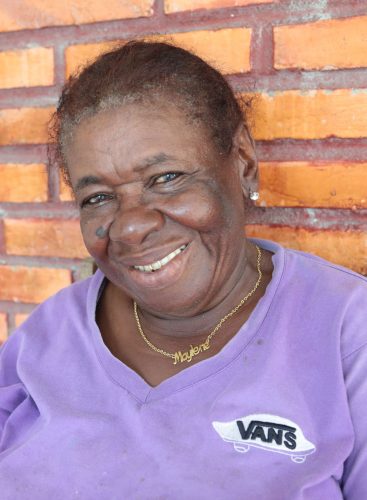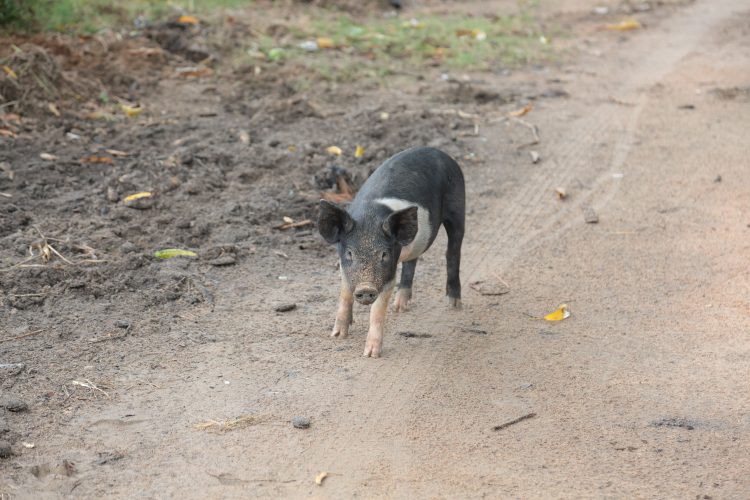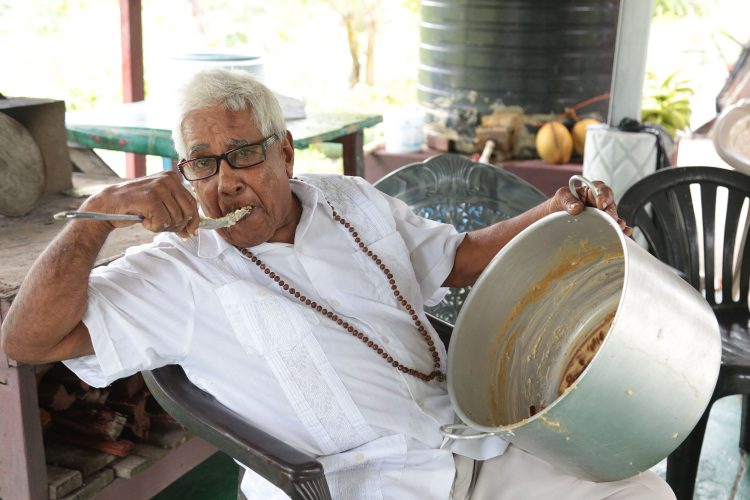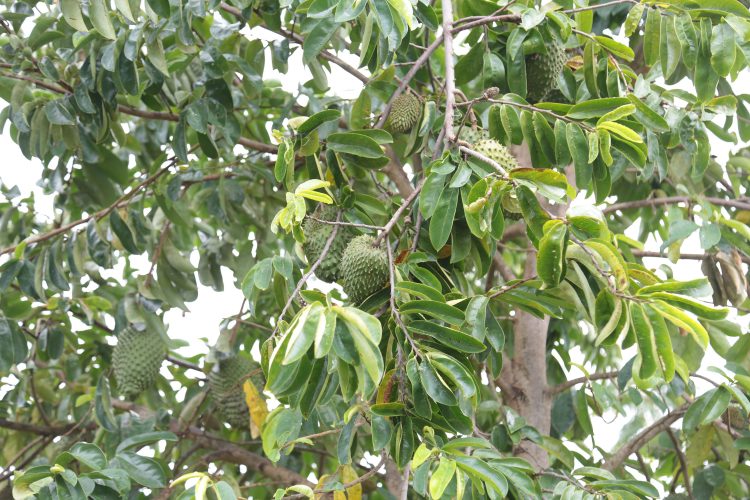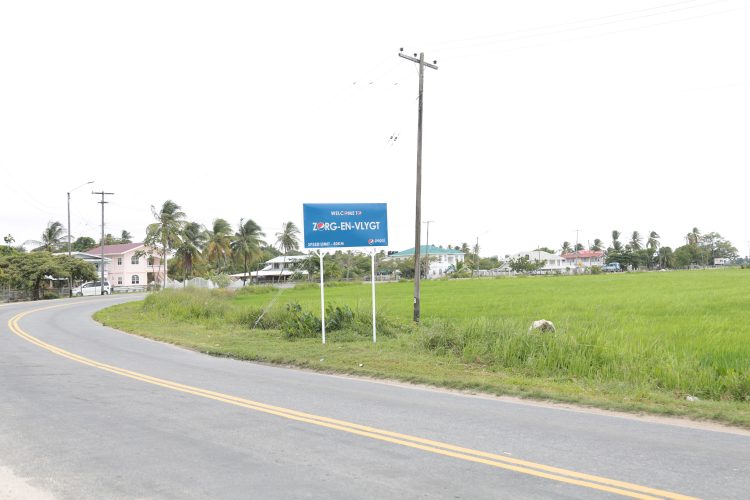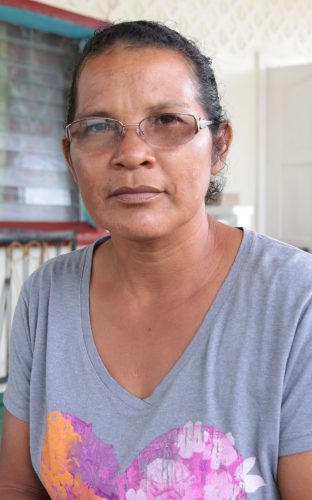Sitting snugly between Annandale and Hoff van Aurich on the Essequibo Coast, is the beautiful village of Zorg en Vlygt with the Atlantic to the east and rice fields just opposite. The village is home to a few hundred residents and is believed to have been in existence for more than a century.
The name Zorg en Vlygt is of Dutch origin and is possibly a variation of Zorg en Vliet, which loosely translates to care and flow, according to Google Translate.
When I arrived, the ground was still a bit damp from earlier rainfall, clouds forewarned another shower and the ocean breeze brought a chill with it. Persons hurrying along the Essequibo Road to their destinations kept their eyes on the clouds.
My first visual was of plantains, lots of them growing thick on one farm. But rich green plants throughout the village filled with fruits and vegetables, demonstrated the villagers’ insistence that the soil is very fertile.
There was excited chatter from children playing at a house, where there was a Hindu function. Nearby, old ladies talked among themselves; a few of them had water lily leaves with seven-curry in their hands.
Deelawattie Bhakham was busy ensuring that her visitors were fed and satisfied. The function was a Sat Sang held in honour of her husband, Bissoon, who was celebrating his birthday. The service also commemorated the Purnima or full moon, a period during which a woman prays for the well-being of her husband and family.
Bhakham hails from La Bagatelle, Leguan. She moved from the island 38 years ago after marrying Bissoon. The Bhakhams resided in Affiance, also on the coast, for a number of years before settling in Zorg en Vlygt 20 years ago.
“I like it here; it’s quiet and peaceful, the people are friendly and helpful,” Bhakham said. The village has no place of worship and she attends the mandir in Annandale but can also pray at the little temple in her yard.
Life in Zorg en Vlygt, the woman said, is convenient and she is content. She pointed out a number of plants in her kitchen garden: celery, broad-leaf thyme and two she brought back from a visit to the United States, mint and cantaloupe.
Violet Bacchus had just made her way over to Bhakham’s house to help her clean and pack away. She lives obliquely opposite.
Bacchus moved to Zorg en Vlygt 13 years ago; she is originally from Moruca, in Region One. “I would say Moruca is nicer probably because my family is there,” she said. “We have light and water, but we have to pay for it here. Where I am from, we used generators, gas lamps and flambeaux… We used water from the ponds, and we had tanks too. When I first came here it wasn’t hard adjusting. We planted a kitchen garden so we have greens almost all the time and for groceries I would go to the supermarket in Anna Regina.”
While most of the residents depend on farming there are persons working at a joiner’s shop in the village, as well as a medic and many teachers.
Bacchus proudly shared that while the residents belong to the three main religious groups, they live in harmony. In fact, she was a perfect example of it as she is a Christian and had gone to assist her Hindu neighbour.
Bacchus would like the village to have a recreational facility for the children. She mentioned also that the water is filled with rust and wishes that there could be a better water filtration system.
Along a red road that leads to the back street, many trees line the side of the road including awara (a palm fruit) and soursop, all laden with fruit. Surrounding them were sheep and goats tied to stumps nibbling on the grass around; beyond them cows grazed in a pasture. A pig came scrambling over a hillock at top speed, spotted me and tried to stop skidding madly before it carefully it turned around and started back, making a few stops as it went to check how far behind I was until it was out of sight.
On a little white table along the public road parcels of awara and locusts (commonly referred to as stinking toe) were on sale. Maylene Nurse was the vendor. She sat inside surrounded by dry coconuts already cut in half showing the thick fruit on one side and chipped mangoes drying on the other. Inside, Nurse’s daughter, Felisha was baking trays of buns. She explained that Sunday is the only day they are at home and it is when they do most of their chores. She assists her mother the Anna Regina Market; they sell oil, fruits, achar, jam and pepper sauce; all of which they make themselves. They had been busy over the holidays and did not have a chance to celebrate the season as they wanted, hence the baking.
Maylene Nurse was born in Zorg en Vlygt and some of the families she could remember being around in those early years included the Murrays and the Singhs.
Nurse attended the Abrams Zuil Methodist School. “We played rounders at school, hopscotch, and we used to play gam with these fat kurus,” she shared of her girlhood days.
She said that they use the dry coconuts to make oil. Coconuts and many other fruits, she noted, are usually wasting away so they never have to worry about buying them. “We pick them up from the waterside. Last cashew season we had so much cashews, we made a whole barrel of fruits,” she said.
Nurse had spent some time in Corentyne but said there could be no place like her Essequibo, adding that it is more peaceful.
However, she mentioned that a few things could be done to make life easier for the residents and these include the access dams to the conservancy not being blocked off. She pointed out a particular access dam that was blocked by someone who was living on the dam.
She felt she was paying way too much for water and electricity adding that in fact, she did not even use the water service. Telephone service is supposed to be provided through a dish, but the woman said that it is non-existent at the moment.
